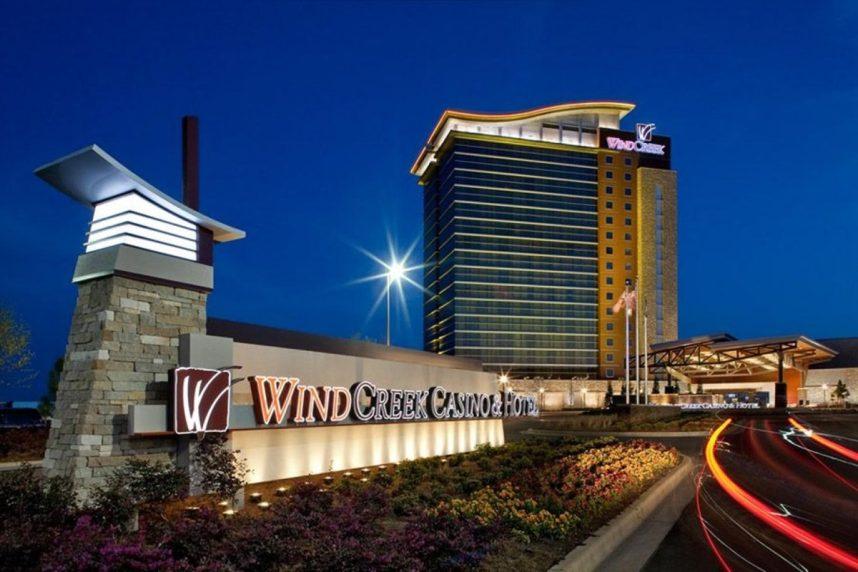Date: October 14, 2024, 04:14h.
Last updated on: October 14, 2024, 04:14h.
A federal appeals court in Atlanta has reinstated a complaint filed by an Oklahoma-based tribe accusing a related tribe in Alabama of disturbing a sacred burial ground during the construction of its casino.

The area called Hickory Ground near Wetumpka, Ala., served as the Muscogee (Creek) Nation’s last capital in Alabama before the tribe was relocated to Oklahoma in the 1830s as part of a federal policy.
In 1980, the Poarch Band of Creek Indians, distantly related to the Muscogee Nation, purchased the land and developed it into the Wind Creek Wetumpka Casino. The Poarch Creeks have been granted sovereignty over the land by the federal government.
The Muscogee Nation claims that during the construction of the bingo hall in 2001, 57 sets of their ancestors’ remains and burial artifacts were improperly removed, and are now stored without proper conditions at Auburn University.
Casino Expansion
The Muscogee Nation filed a lawsuit in 2012 when the Poarch Creeks planned to expand their casino operations on Hickory Ground. Despite the legal action, the Wind Creek Casino was opened in 2014.
The Muscogee Nation alleges that the Poarch Creeks violated a legal promise to protect and preserve the land when they acquired it with the help of historic preservation funds.
In 2021, the lower court dismissed the case citing sovereign immunity for the Poarch Creeks. However, the 11th U.S. Circuit Court of Appeals overturned that decision.
The appellate panel directed the trial judge to analyze individual officials with the Poarch Band for sovereign immunity claims against civil lawsuits.
Ex Parte Young
In 1908, the US Supreme Court ruling in “Ex Parte Young” allowed lawsuits against state officials in federal courts when they violate the Constitution or federal laws, despite sovereign immunity. The Muscogee Nation’s legal team argued the same principle applies to tribal officials.
The Poarch Creeks argued for an exception to shield their officials from accountability under federal laws like the Native American Graves Protection and Repatriation Act. The 11th Circuit Court rejected this argument, emphasizing that tribal sovereignty does not permit the destruction of sacred sites and graves of other tribal nations.


